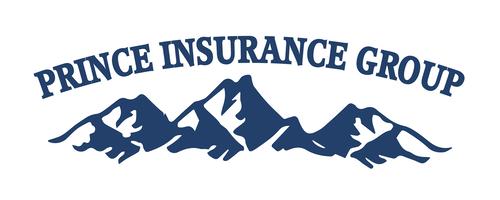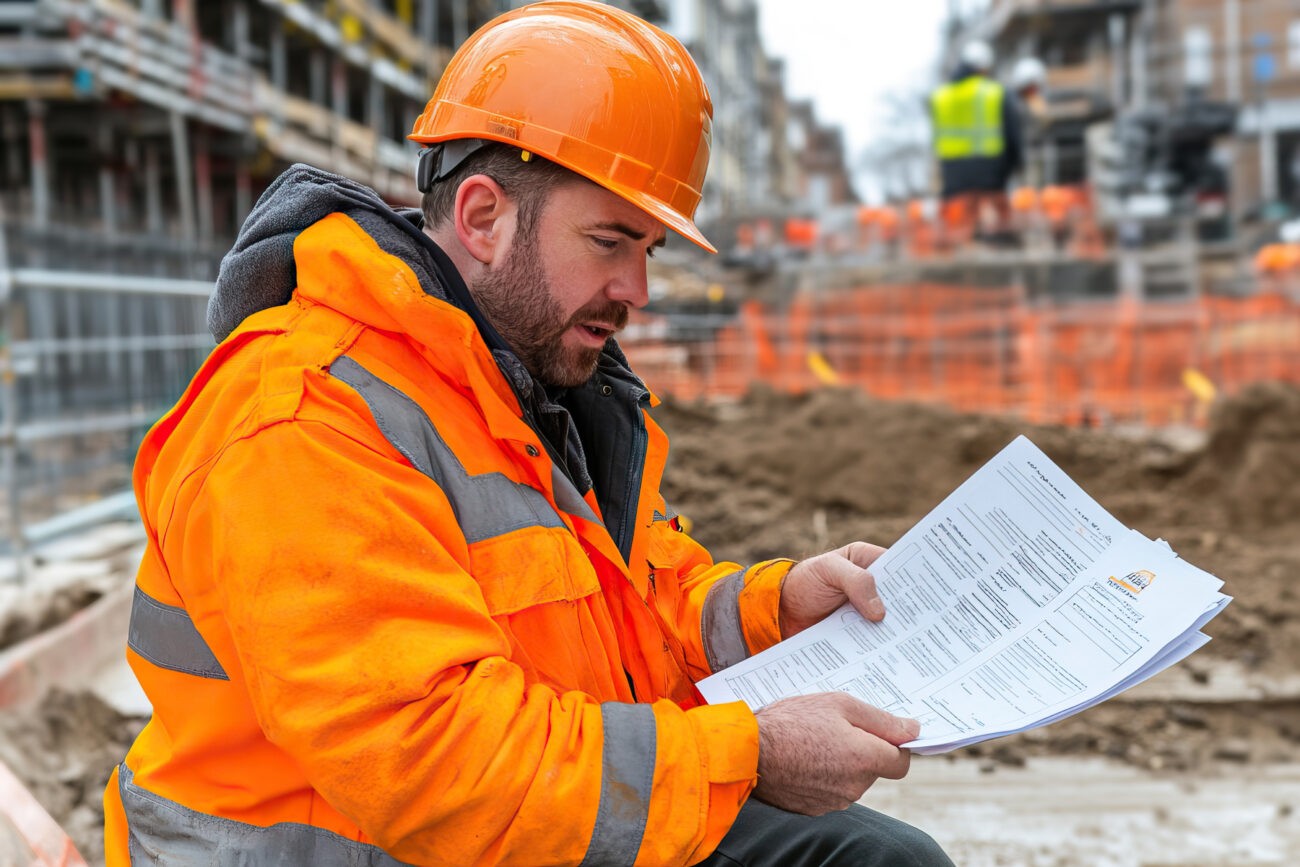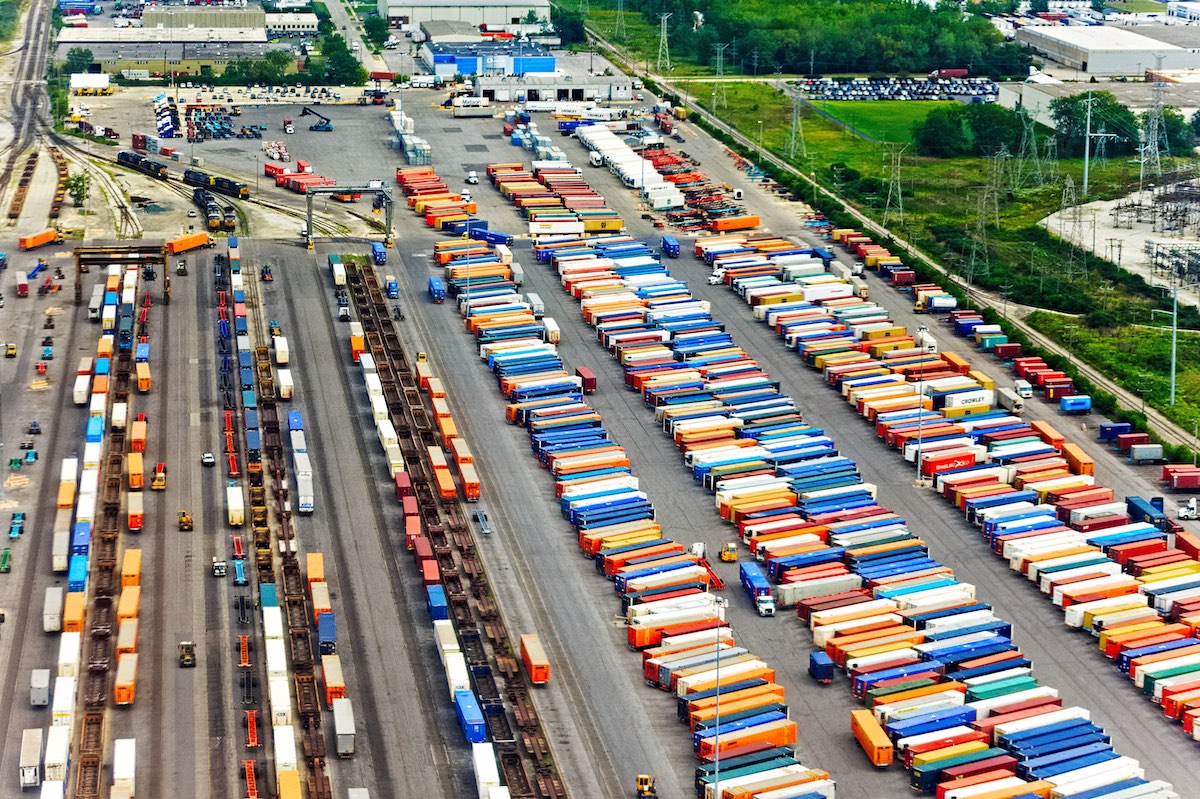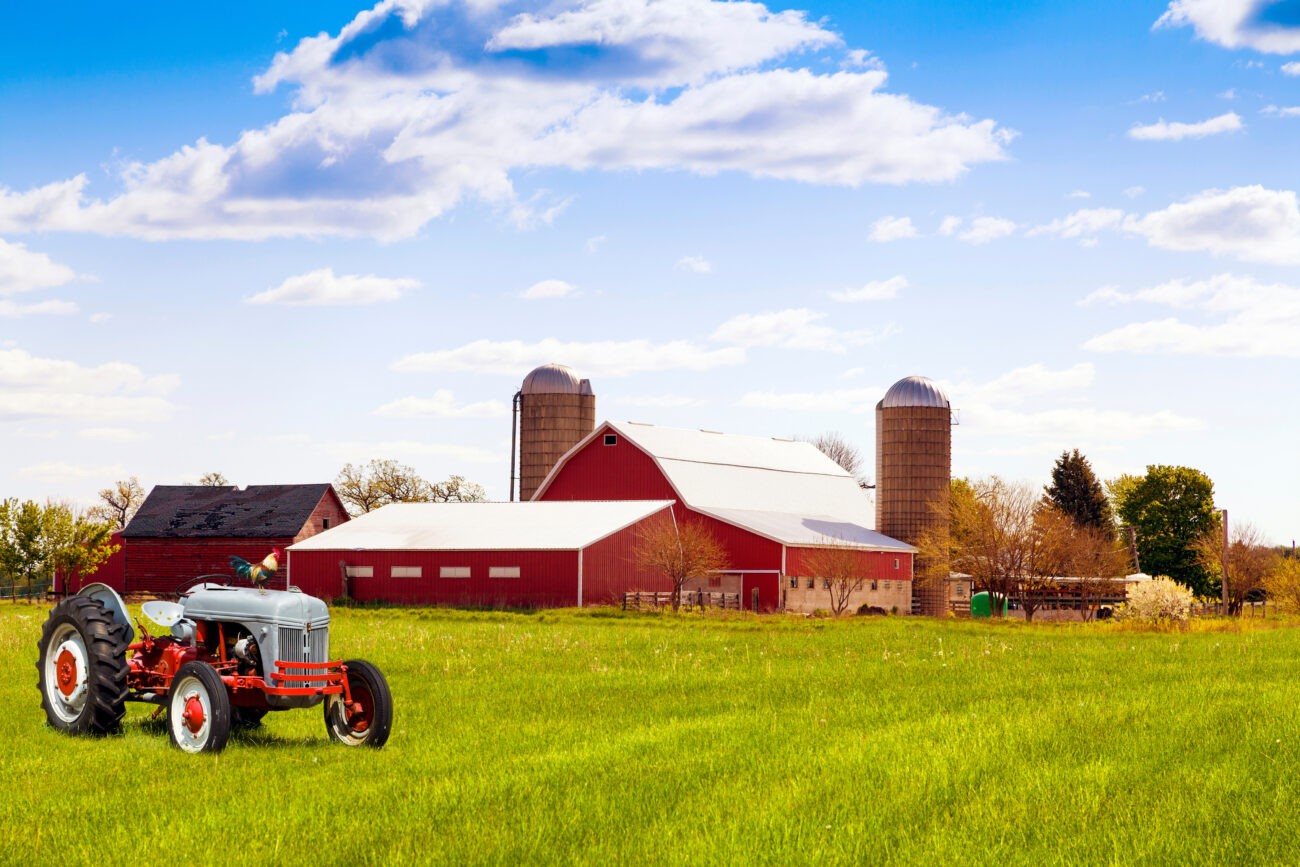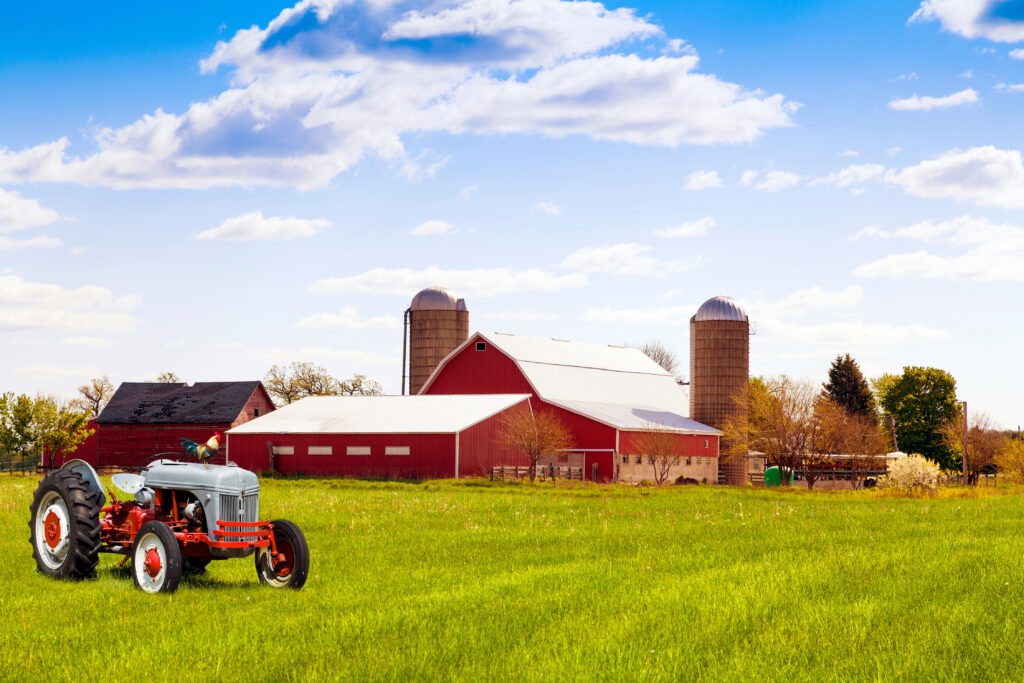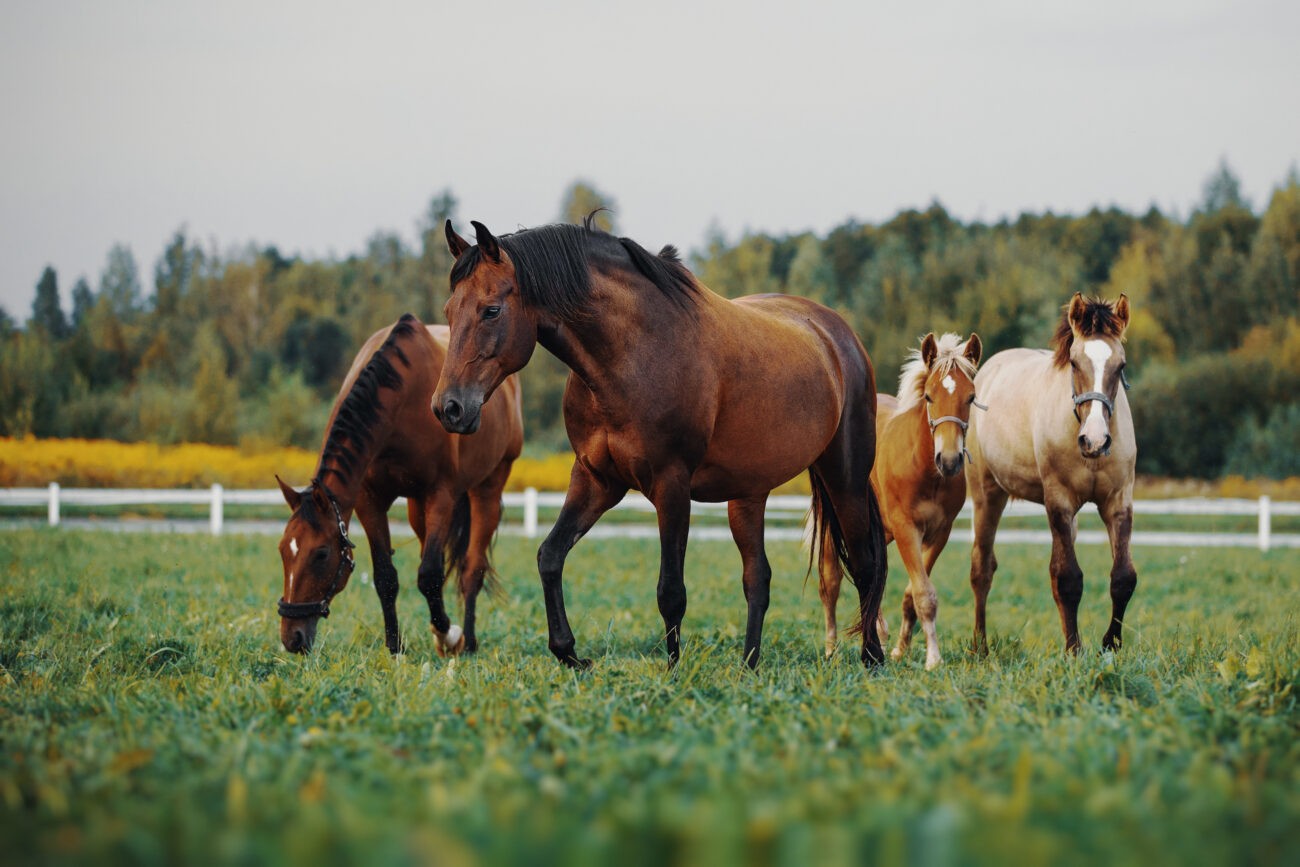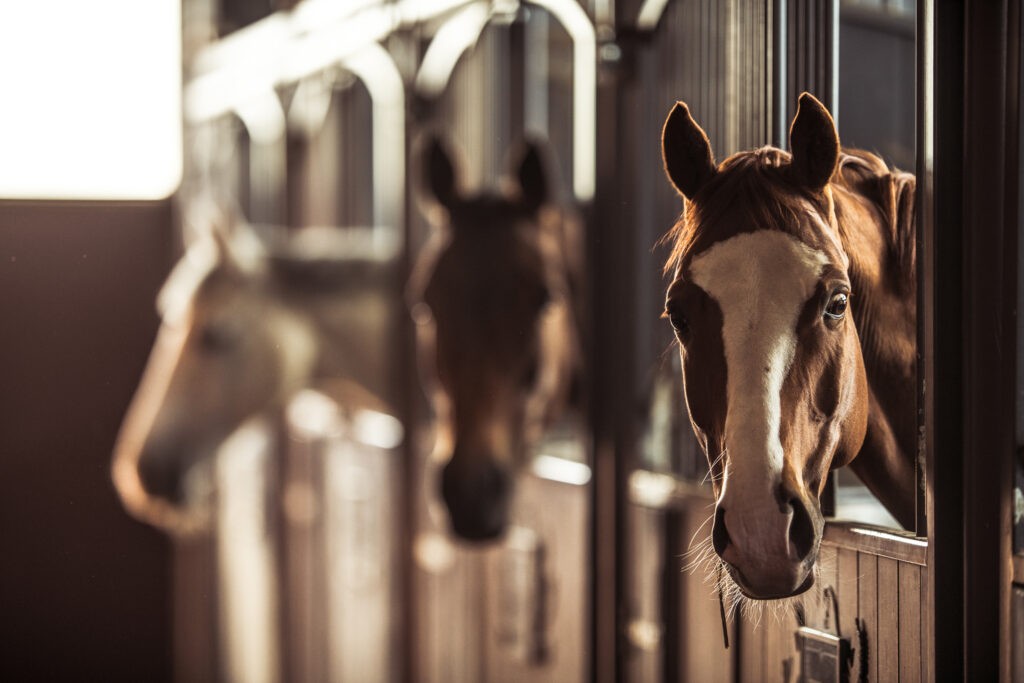Whether you’re a contractor with a single pickup or a business owner managing a fleet of delivery vans, your vehicles are the lifeblood of your operations. Many business owners, however, mistakenly assume their personal auto policy has them covered. In reality, a personal policy rarely protects you during business activities, leaving your company vulnerable to massive out-of-pocket costs. Commercial Auto Insurance is a specialized policy designed to cover vehicles used for business purposes. Here is why it is an essential safeguard for your business fleet and how it keeps your company moving.
Key Coverage Options for Your Fleet
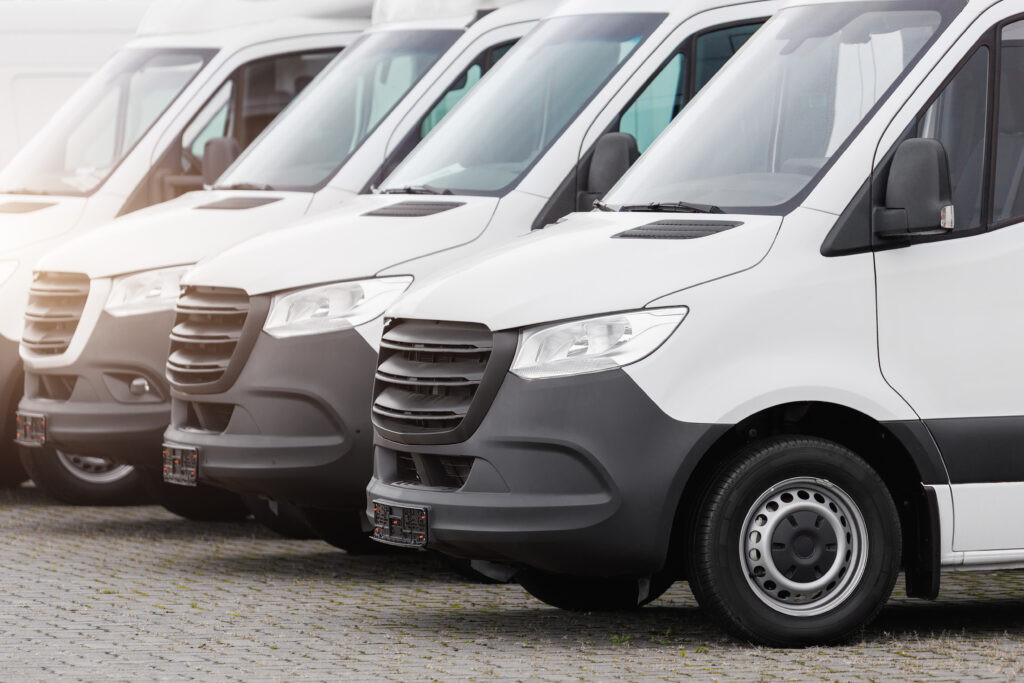
A standard commercial policy is much more robust than a personal one, offering higher liability limits and specific protections tailored to professional use. Key options include:
- Liability Coverage: This is the foundation of your policy. It covers bodily injury and property damage to others if you or one of your employees causes an accident.
- Physical Damage (Collision & Comprehensive): Collision covers repairs if your vehicle hits another object, while Comprehensive protects you against non-collision incidents like theft, vandalism, fire, or weather damage.
- Uninsured/Underinsured Motorist Coverage: If a member of your fleet is hit by a driver with little to no insurance, this coverage ensures your business isn’t stuck with the bill.
- Hired and Non-Owned Auto (HNOA): This is vital if you rent vehicles or if employees use their personal cars for business tasks, providing liability protection for the company in those scenarios.
How Commercial Auto Insurance Helps Minimize Financial Risks
Operating a fleet comes with inherent risks. Without the right coverage, a single highway accident could lead to a lawsuit that threatens your company’s survival. Commercial Auto Insurance minimizes these risks in several ways:
- Protects Your Assets: Vehicles are expensive investments. Insurance ensures that a totaled truck doesn’t result in a total loss for your balance sheet, allowing for quick repairs or replacement.
- Covers Legal Defenses: If your business is sued following an accident, your policy typically covers legal fees and settlements, which can easily reach six or seven figures.
- Ensures Business Continuity: By covering the costs of accidents and providing rental reimbursement, insurance prevents a single incident from halting your operations and causing you to lose clients.
- Regulatory Compliance: In most states, carrying commercial insurance is a legal requirement. Proper coverage keeps you compliant and prevents costly fines or license suspensions.
Don’t wait for an accident to find out if you’re properly protected. Secure your business’s future by speaking with an expert today. Contact us now for a personalized quote and let us help you find the perfect Commercial Auto Insurance plan for your fleet!
